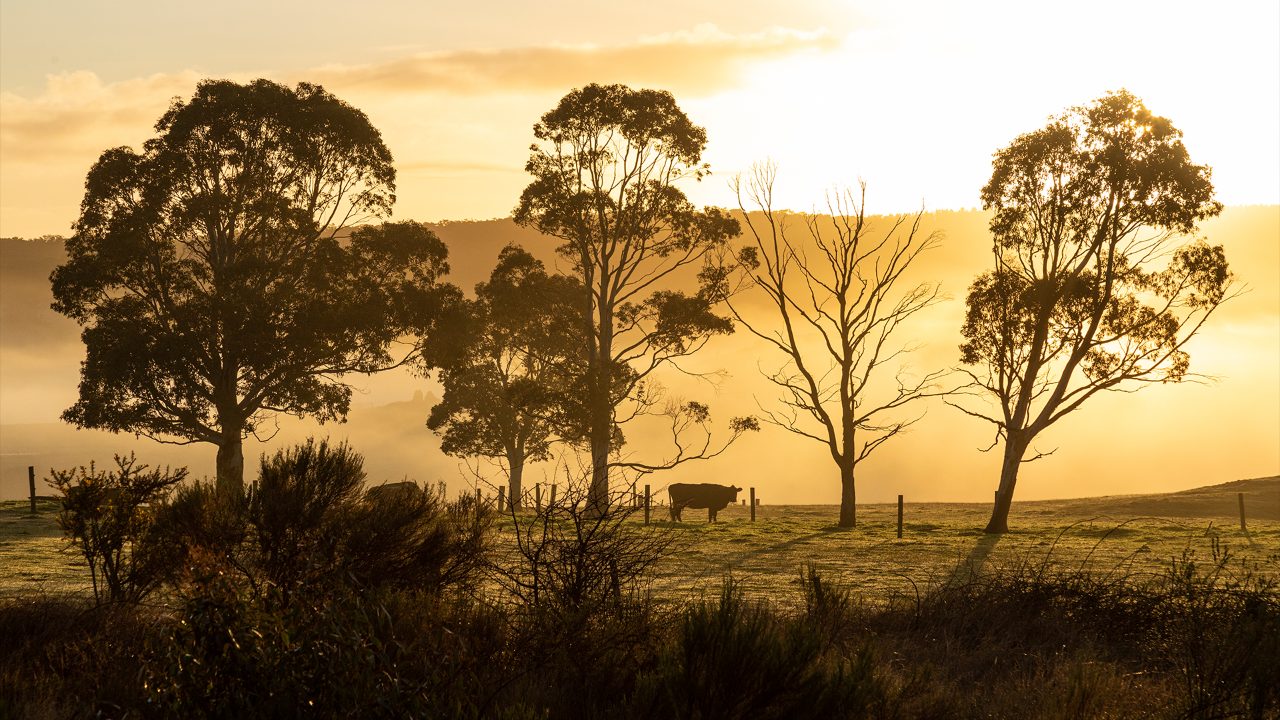Much of the East Coast of the South Island and high country are tinder-dry due to the extended spell of hot weather this summer. As of this week, the popular road trip through Molesworth Station, between Hamner Springs and Blenheim is off the card for drivers because of this.
Wildfire specialist Graeme Still from Fire and Emergency New Zealand joins Dom George to discuss the challenges faced in managing wildfires during such a severe dry spell.
The conversation provides insight into the current state of affairs, including the recent road closure through Molesworth station and the impact on local farmers in the Awateri Valley. Still sheds light on the strategic approach taken by Fire and Emergency to combat wildfires, which involves deploying substantial resources to even the smallest of fires.
This proactive tactic is crucial in a landscape where brief rainfalls give way to persistent dryness and wind, exacerbating the risk of fires.
"The fire weather indices are telling us that if we get a start if it takes good hold, it's going to be very hard to pull up," Still explains.
Hence, you know, Fire and Emergency are responding quite quickly with a lot of resources, just to knock it on the head real fast."
One of the key talking points revolves around the causes of wildfires. Machinery sparks and dry conditions, particularly in pine peels and grasses, have been identified as primary culprits.
Still highlights the volatile nature of the fires, noting that even after a brief rainfall, the "soil moisture is down right, so that down, you know, below normal and therefore that sort of tells you need a lot of rain for recovery."
Another critical issue addressed is the engagement of local farmers in firefighting efforts. While acknowledging their invaluable knowledge of the land, Still stresses the importance of safety and communication.
"We work really closely with the landholders, first and foremost. If it's safe to do so, we will use them to assist us."
"What we do struggle with sometimes is when people are doing things on a large property, we don't know where they are, all those types of things."
He also discusses the use of drones in the later stages of firefighting, primarily for identifying hotspots, rather than during the initial response due to potential interference with other aircraft.
The episode concludes with practical advice for the public, emphasising the importance of common sense and caution.
"If you're thinking about using fire as a land management tool or for some other reason, if you got it in your mind, 'I wonder if I should or I wonder if I shouldn't?' Well you don't," Graeme advises.
"If there's any doubt, don't, that's a given."
He also urges people to seek a long-range weather forecast and to ensure any fires are completely extinguished to prevent re-ignition.
Listen to the full chat between Graeme Still and Dominic George above.
To check out more episodes listen to the REX Podcast anytime on your favourite streaming platforms including Spotify, Apple Music and Rova or tune in to REX Mornings live on Magic from 5 am to 6 am every weekday.
Visit the Rural Exchange Facebook or Instagram page for more information and regular updates from the REX team










